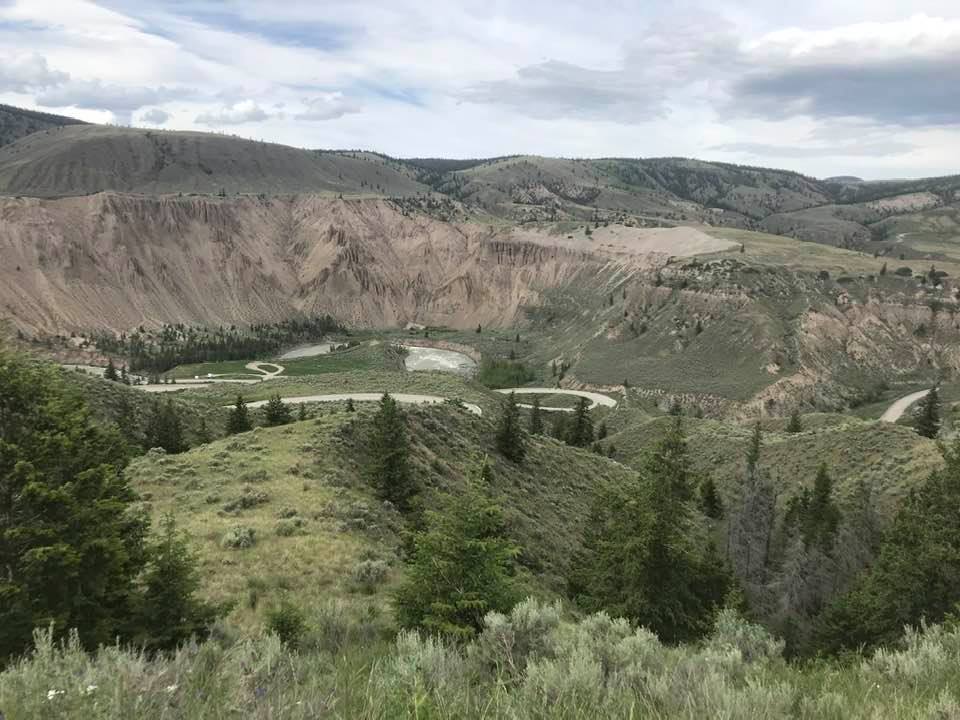A few days ago, I had a conversation with a colleague that I had not seen in person for over a year. It was nice to be see him face to face, but also to be in a setting that was casual, and removed from the tensions of a work-place. We got caught up on our respective educational and research projects, which served to ground our conversation.
I asked him what he saw as the most challenging aspect to forging an online community in a synchronous course, and his reply was not what I expected, since I was anticipating a technical limitation or a concrete problem that could actually have a straight-forward solution.
Instead, his response was more philosophical in nature, in that the problem or challenge in post-secondary education continues to be the didactic nature where there are experts who impart – lecture, dispense knowledge to groups of learners. Despite years of revolutionary change in the technology and equipment and methodologies, the underlying way of education is still very much of expert imparting wisdom to a student. Rethinking and redefining ‘education’ was way beyond the purpose of our conversation, yet his comment touches on the recurrent theme of technology as a tool rather than the panacea for all the challenges learners or instructors face.
We need to adapt to both ourselves, our technology comfort levels and teaching practice to know where students are at.
He also added that we cannot take away the responsibility of students to adapt and develop the skills needed to receive the information we are to impart.
When I asked for specific strategies to get students, who are working through the course content on their own, he again stressed personal action, and that when students reach out asking for basic information (outside the parameters of course content) that he directs them to the student café forum in moodle. This was a wonderfully useful suggestion for me since I actually had forgotten of the Student Café, and the day before I had a student ask some basic access questions. By reminding me of the Student Café, I immediately visualised a cafeteria meeting place, where students can ‘hang out’ ask questions of their peers and form their own live ‘active’ networks. This will be something that I can put into my practice immediately since it uplifts a student’s ability to solve problems and navigate the complexities of online academic
Learning beyond the individual course content. Hopefully we can continue to expand both the technology to create new definitions of educational experiences where both the instruction and facilitation are balanced and that students are active participants, engaging will all members of Community of Inquiry.
